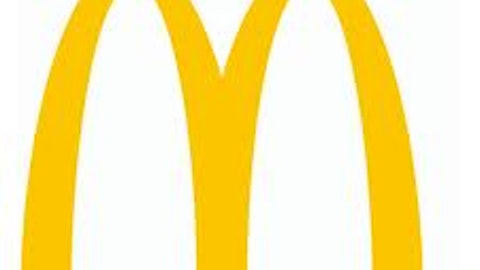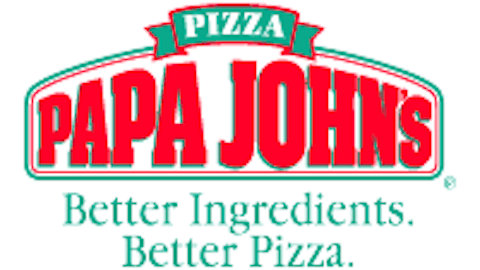Looking at dividend paying companies from the S&P 500’s list of Dividend Aristocrats represents a good starting point for investors looking for stocks that provide income. Companies that increased dividends for more than 25 consecutive years qualify for inclusion on this list.
Of course, investing in companies based solely on their inclusion on a list never stands as a good idea. You need to perform research and judge for yourself whether these publicly traded businesses will continue to maintain and grow their cash flow: the life blood of any business and the key to increasing shareholder wealth over the long term. The three companies below present the best chances of doing just that.
Spices and flavorings
operates in the necessary business of spices, salts, and flavorings. McCormick & Company, Incorporated (NYSE:MKC) operates in two segments: consumer and industrial. The consumer segment involves selling products to supermarkets for individual consumption in domestic and international markets. The industrial segment sells directly to restaurant chains.
Last year, McCormick & Company, Incorporated (NYSE:MKC) increased revenue and free cash flow 9% and 42% respectively. McCormick’s return on equity clocked in at 24%.
The year 2012 marked the 27th year in which McCormick & Company, Incorporated (NYSE:MKC) paid a dividend, allowing it to stay on the list of Dividend Aristocrats. The company paid out 48% of its free cash flow in dividends. Currently it pays $1.36 per share per year translating into a 1.9% dividend yield.
In its most recent quarter, McCormick & Company, Incorporated (NYSE:MKC) ran into some friction in its fundamentals. The consumer business sales segment grew 4%, while its industrial sales segment declined 1%, stemming from lower consumer spending in restaurants. Consumers realize it’s cheaper and safer to eat at home. The bird flu still keeps consumers away in markets such as China.
McCormick & Company, Incorporated (NYSE:MKC) sports a decent balance sheet. Cash only clocked in at 5% of stockholder equity; however, long term debt stands at 46% of equity as end of last year.
McCormick’s “Multiple Management” program enables employees to innovate and develop within the company. In fact, employees own 21% of the company via its 401k plan. This will help in producing new products and gaining valuable shelf space in stores and restaurants in order to expand its brand. This company is in it for the long haul.

The golden arches
Global restaurant chain McDonald’s Corporation (NYSE:MCD) and its franchisees operate more than 34,000 restaurants. Its golden arches conjure up images of tasty fast food available at every interstate exit, city, and small town. Its ubiquity certainly grants the company the purchasing power to profitably sell products at a low price.
Its size makes it difficult to continue expansion at a brisk pace. Last year, McDonald’s Corporation (NYSE:MCD) revenue increased 2% with free cash flow declining 11%, stemming mostly from higher capital expenditures, part of which went toward the remodeling of stores.
McDonald’s Corporation (NYSE:MCD) sits on a decent balance sheet with cash clocking in at 15% of stockholder’s equity as the end of 2012. Long term debt to equity stands at 89%, which is in the high range. Return on equity came in at an impressive 36%.
McDonald’s Corporation (NYSE:MCD) paid out 74% of its free cash flow in dividends in 2012. Currently the company pays $3.08 per share per year, yielding 3.1%. This company’s position on the Dividend Aristocrat list stems from steady dividend increases since 1976 or 37 years.
In its most recent quarter, McDonald’s Corporation (NYSE:MCD) faced headwinds from international markets. McDonald’s comparable store sales declined 30 basis points in Asia due to the bird flu scare. An ongoing recession in Europe caused McDonald’s Corporation (NYSE:MCD) comparable sales to decline 10 basis points in that region. Product and menu innovation contributed to a 1% comparable sales increase in the U.S.
Look for slow but steady growth not only in the dividends but the fundamentals that drive them. Moreover, having little room for expansion will compel the company to continue paying out a huge chunk of its cash flow in dividends.





